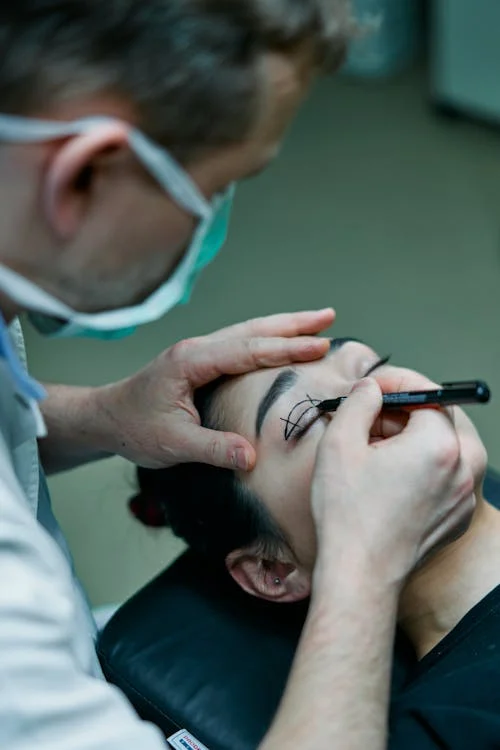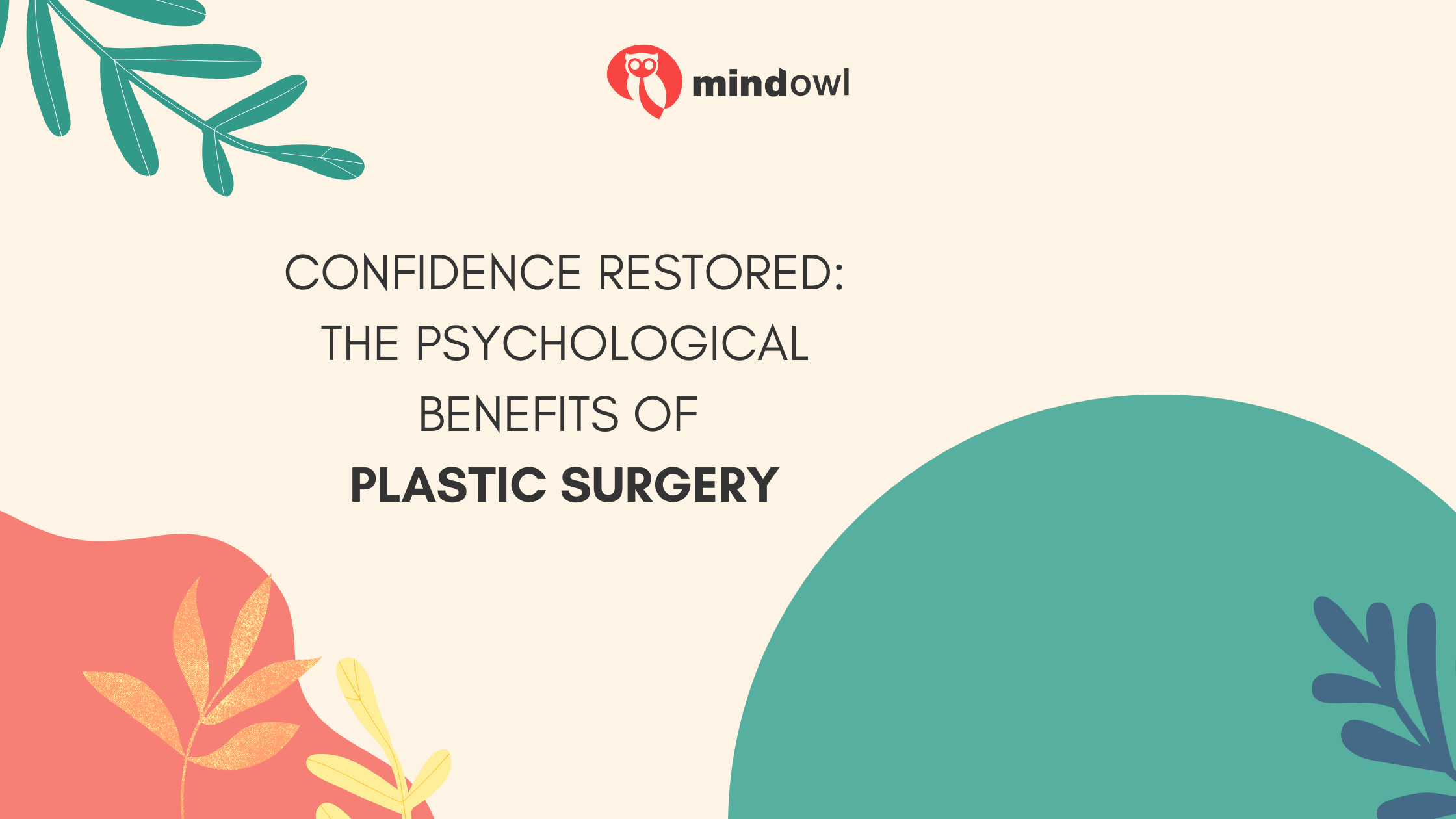Plastic surgery has long been associated with improving one’s physical appearance, but its psychological benefits are often underestimated. While cosmetic surgery is commonly seen as a way to enhance one’s outer appearance, it can also have profound effects on an individual’s mental health and self-esteem. For many, surgical operation represents a path to reclaiming confidence, reshaping their self-image, and enhancing their sense of well-being. This article explores the significant psychological benefits of plastic surgery, shedding light on how these procedures can help individuals feel more comfortable in their skin and lead to a healthier mental outlook.

Plastic Surgery and Its Impact on Mental Health
One of the most well-documented psychological benefits of plastic surgery is the positive effect it can have on mental health. Many individuals who undergo surgery do so to address insecurities or negative self-perceptions, which can significantly impact their emotional well-being. The decision to undergo a surgical operation can be life-changing, providing a renewed sense of confidence and a stronger connection between how one feels inside and how one presents themselves to the world.
Research has shown that individuals who choose to undergo cosmetic surgical operations experience improved mood, greater self-esteem, and a more positive body image. For some, surgical operation serves as a powerful tool to break free from years of self-consciousness or anxiety about their appearance. As a result, these individuals often experience improved mental health and better overall life satisfaction.
Increased Self-Esteem and Body Image Satisfaction
Self-esteem is often intertwined with body image, and for many people, dissatisfaction with their appearance can lead to feelings of inadequacy. This can impact various aspects of their lives, including relationships, career advancement, and social interactions. Plastic surgery offers a chance to correct features that an individual may have always felt insecure about, leading to a significant boost in self-esteem.
By addressing aesthetic concerns, surgical operation allows individuals to see themselves in a new light. They may feel more aligned with their ideal image and more comfortable in social settings. This shift can be empowering, fostering a sense of pride and greater self-worth.
Social Confidence and Interpersonal Relationships
Another psychological benefit of surgical operations is the improvement in social confidence. Many individuals struggle with feeling judged or scrutinized based on their appearance, which can lead to social withdrawal or anxiety. By making changes that align with their self-image, individuals often feel less self-conscious in public and more willing to engage in social situations.
With increased self-esteem, these individuals may also experience healthier, more fulfilling interpersonal relationships. Feeling more comfortable in their skin can lead to more positive interactions with others, whether in a romantic context, with friends, or in professional settings. Their increased confidence is often noticeable, positively influencing how others perceive them.
Overcoming Psychological Barriers and Improving Mental Health
In some cases, undergoing plastic surgery can help people overcome deeper psychological barriers that have been preventing them from fully embracing their lives. For individuals suffering from conditions like body dysmorphia or severe social anxiety, surgical operations can offer a transformative way to address the root causes of their distress.
By making changes that align with their personal goals and desires, individuals can feel more empowered to move past limiting beliefs or negative thought patterns. For some, this process may be part of a larger journey toward mental wellness, helping them unlock greater freedom and openness to new experiences.
The Role of Psychological Support Before and After Surgical Operation
While the psychological benefits of surgical operation can be profound, it’s essential to note that the process should not be taken lightly. Before undergoing any procedure, individuals must receive psychological counseling or support. A trained professional can help them explore their motivations for surgical operation and ensure that they are making informed decisions based on their mental health needs rather than external pressures.
Post-surgery, ongoing support may be needed to help individuals process their emotions and adjust to their new appearance. The psychological transition can take time, and having a support system in place can make all the difference in ensuring long-term satisfaction and mental well-being.
Long-Term Effects on Confidence and Self-Perception

The long-term effects of plastic surgical operations on self-esteem and confidence are generally positive, with many individuals reporting enduring improvements in their mental health. While the initial changes after surgical operation are often the most noticeable, the lasting effects on one’s sense of self can be profound. Over time, individuals may experience a lasting sense of peace and acceptance about their appearance, as they align more closely with their ideal self-image.
Moreover, the confidence gained from plastic surgery can extend beyond physical appearance, allowing individuals to pursue personal and professional goals with a newfound sense of determination. Whether it’s advancing in their careers or exploring new relationships, surgical operations can create a ripple effect that positively impacts various aspects of their lives.
Plastic surgery offers more than just physical transformations; it can serve as a powerful tool for restoring confidence and improving mental health. When approached thoughtfully and with the proper support, surgical operation can be a life-changing decision that not only enhances one’s appearance but also elevates their quality of life.
MindOwl Founder – My own struggles in life have led me to this path of understanding the human condition. I graduated with a bachelor’s degree in philosophy before completing a master’s degree in psychology at Regent’s University London. I then completed a postgraduate diploma in philosophical counselling before being trained in ACT (Acceptance and commitment therapy).
I’ve spent the last eight years studying the encounter of meditative practices with modern psychology.

